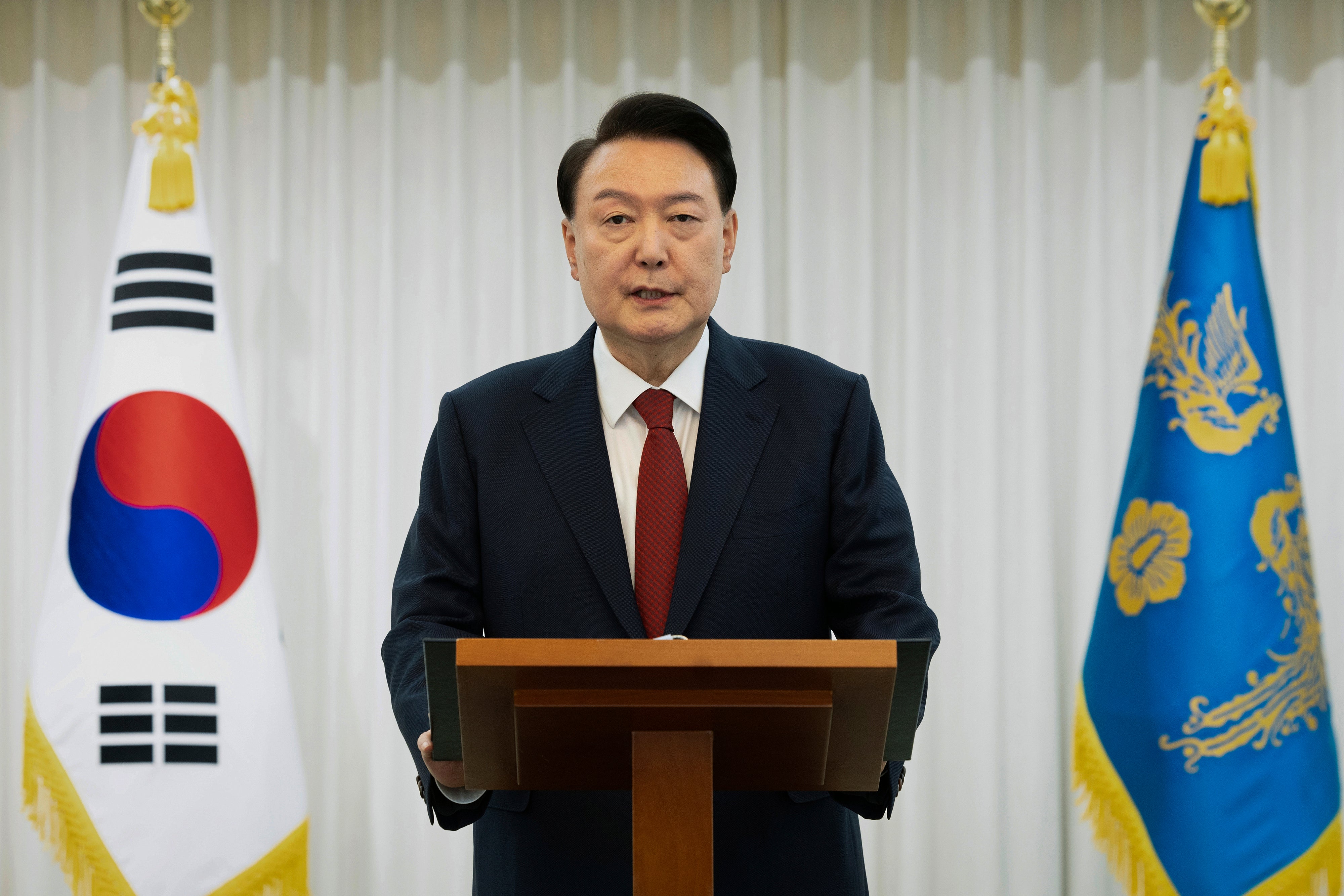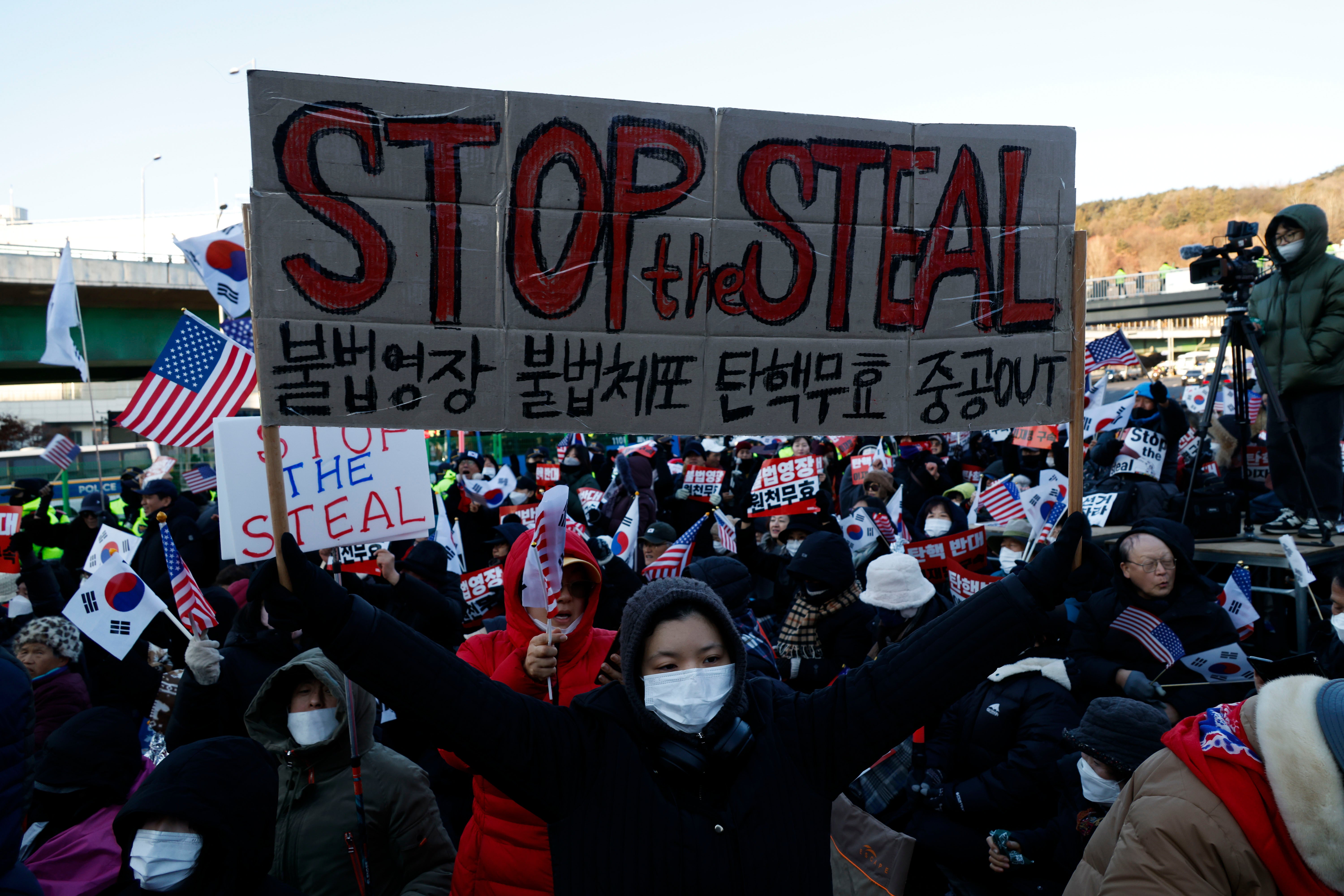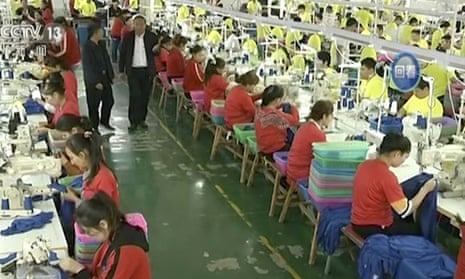Communist spies and assassination attempts: how the cold war still shapes South Korean politics
Share:
Attitudes to North Korea are key to understanding President Yoon Suk Yeol’s attempt to impose martial law and its aftermath. As South Korean President Yoon Suk Yeol remains barricaded in his residence facing arrest, his descent from star prosecutor to isolated leader reveals a deeper story about a cold war-era ideology that continues to shape – and shake – South Korean politics.
![[An effigy of impeached South Korean President Yoon Suk Yeol covered in snow during a protest against him near his official residence on Sunday.]](https://i.guim.co.uk/img/media/b3974440f9b18a9d50dfd09007e4b5fd8b1ced72/0_12_3010_1806/master/3010.jpg?width=445&dpr=1&s=none&crop=none)
The scenes outside his residence might look familiar to audiences who followed Trump-era politics: supporters waving American flags claiming democracy is under threat, decrying “fake news”, rallying against alleged election fraud, and calls to “make Korea great again”.
But beneath these surface similarities lies a uniquely Korean crisis, rooted in decades-old ideological battles. In South Korea, the left-right divide stems less from conservative versus progressive values than from fundamental attitudes toward North Korea: hawks versus doves, confrontation versus engagement.
When Yoon declared martial law on 3 December, he justified it by claiming he needed to “safeguard a liberal South Korea from the threats posed by North Korea’s communist forces and to eliminate anti-state elements”. According to Inbok Rhee, a political scientist at Yonsei University, Yoon’s words echo the language of past authoritarian rule, but with an even more aggressive tone.
“He is using rhetoric from the former military dictators, probably in an attempt to appeal to his core support group”, says Rhee. “But unlike past declarations of emergency which were based on some notion of existential threats, this time there were no internal or external threats facing the country”.





















